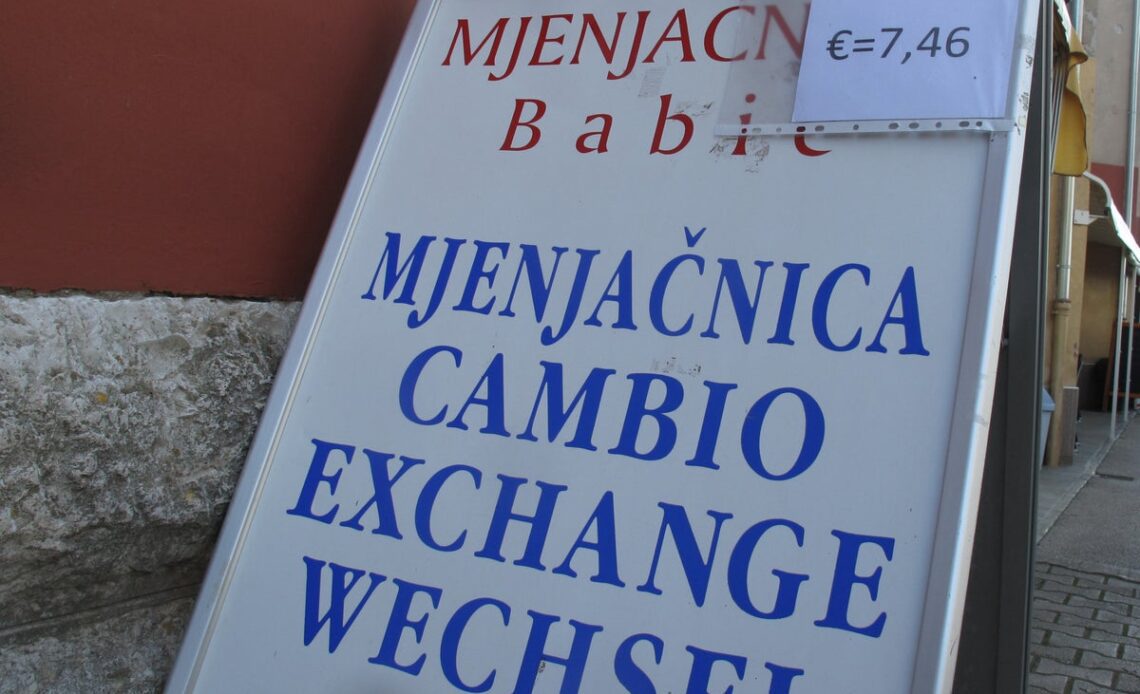The value of the pound has been sinking fast. Since the start of the year sterling has slumped by 15 per cent against the US dollar, from $1.35 to $1.15. The fall is exactly the same against the other currencies that are locked to the US dollar, including UAE dirhams and the currencies of many Caribbean islands.
The pound has also lost ground against the euro and almost all other currencies, so it is essential to avoid further losses by managing your holiday finances well. If you leave holiday money to the last moment and change cash at the airport on your way out, you will throw away cash that would be much better spent at your destination.
Paying with a card – either physical or on your phone
The Covid-19 pandemic has accelerated the move towards plastic payments abroad, very often contactless. In an age when cards are used for the most minor transactions, it is important to know how much your issuer will change for use abroad.
Be aware that card issuers typically impose an “exchange-rate loading” charge of up to 3 per cent of a transaction made abroad. Check your card provider’s policy, and if necessary get a new card specifically for overseas use.
Smaller-value transactions are covered by the voluntary “chargeback” arrangements provided by Mastercard and Visa, which also apply to debit cards.
The Halifax Clarity credit card is the most mainstream card that does not add a transaction fee. The Revolut and Monzo cards offer online banking with physical cards and exceptionally good exchange rate policies, as well as a certain amount of cash withdrawals abroad. Starling and Metro Bank also offer fee-free foreign transactions.
Credit cards are generally better than debit cards. UK-issued cards are covered by Section 75 of the Consumer Credit Act 1974, which makes the card provider jointly liable with the merchant for any purchases over £100. That means the goods must be of reasonable quality. You are also protected against financial failure of a travel provider, whether an airline, tour operator or hotel.
Most debit cards are best regarded as a backstop, as they typically add a flat transaction fee (around £1.25) to the foreign exchange levy. Settle a €30 lunch bill with a debit card and you will pay £2 in card charges.
British consumers have got used to the broad rule that paying by credit card should not cost more than paying by cash. In fact, some nations have their own laws, such as Denmark (where foreign credit-card holders routinely pay a…
Click Here to Read the Full Original Article at The Independent Travel…
